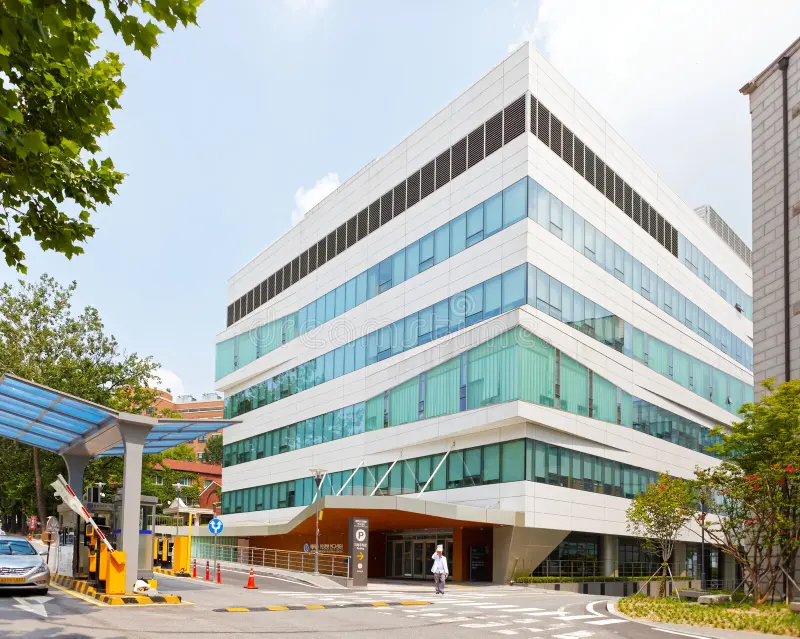
In a show of outrage and protest, Lim Hyun-taek, the president of the Korean Medical Association (KMA), has announced that he will begin an indefinite hunger strike. His aim is to pressure the South Korean government and lawmakers to act urgently and prepare to negotiate to end a serious disruption of public health services.
The crisis began in late February this year, when trainee doctors decided to walk out of their jobs in protest against the government’s plan to increase the number of medical students in the country. This plan, designed to address the shortage of doctors in essential areas, has generated strong opposition among health professionals, who argue that the reform could destabilise the medical system.
“The medical system is on the verge of collapse, while people’s lives are left totally vulnerable,” Lim said in a statement. The KMA president criticised the government for demonising doctors and sending confusing or wrong messages to the rest of the public, leading to an extension of the initial strike by trainee doctors and medical students.
Despite the authorities’ efforts to resolve the crisis, including offering conciliatory measures and the possibility of accepting the resignations of trainee doctors, the situation remains critical. The government has already outlined a plan to increase the admission quota in medical schools by around 1,500 students for next year, but this measure has met with fierce resistance among the protesting doctors.
The dExpectations rise in the country’s main hospitals
The situation in hospitals is becoming increasingly desperate. Trainee doctors who have been protesting since late February are showing little sign of returning to work, despite government proposals to resolve the crisis. Authorities will again try to persuade trainee doctors to return to their posts as the recruitment dates for new trainee doctors approach in September.
However, most doctors appear indifferent to the offers, and many have already resigned, which could make it easier for them to find work at other hospitals. Only 21 trainee doctors have submitted applications in an additional recruitment round.
During the original recruitment period, the response was equally disappointing, with just 104 applications received for 7,645 available posts. This reflects a widespread rejection of the job offer in the country’s key hospitals, which play a vital role in treating patients with serious illnesses.
South Korea faces unfounded scaremongering over Japan’s radioactive water
Controversy in the management of the crisis of doctors in training
The South Korean government has taken several measures to handle the crisis, including removing potential penalties against trainee doctors who do not return to work and introducing special considerations for those who decide to return to the training program in September. However, the handling of the crisis has been criticized by both the medical community and academics.
Medical professors have expressed concern about the unilateral handling of resignations by trainee doctors. In a joint statement, three groups of professors warned that accepting resignations without receiving clear confirmations about the doctors’ intention to return or resign permanently could make the situation worse.
Source: https://reporteasia.com/salud/2024/08/27/crisis-sistema-salud-surcoreano-continua/

